The Top 10 Tech Skills You Need to Succeed in Today's Job Market
The tech industry is constantly evolving, and professionals in the field must keep up with the latest trends and technologies to stay relevant. In this blog, we will discuss the top 10 tech skills in demand in today's job market, which can help job seekers and tech professionals understand the most important skills for success in the industry.
1. Cloud Computing
Cloud computing is a technology that allows the delivery of computing services, including servers, storage, databases, networking, software, and analytics, over the internet. As more and more companies are moving towards cloud-based services, the demand for professionals with cloud computing skills is increasing.
Cloud computing has several advantages over traditional on-premises computing, such as increased scalability, cost-effectiveness, and flexibility. As a result, more and more companies are embracing cloud computing, and the demand for cloud computing professionals is increasing.
Some popular cloud computing platforms include Amazon Web Services (AWS), Microsoft Azure, and Google Cloud Platform. These platforms offer various cloud-based services, such as cloud storage, cloud computing, and cloud analytics. Professionals with cloud computing skills can work in various roles, such as cloud architects, cloud engineers, and cloud administrators.
2. Artificial Intelligence and Machine Learning
Artificial Intelligence (AI) and Machine Learning (ML) are transforming various industries, including healthcare, finance, and transportation. AI and ML are used to develop intelligent systems that can learn from data and make decisions without human intervention. The demand for professionals with AI and ML skills is increasing as companies are looking to leverage these technologies to gain a competitive advantage.
AI and ML can be used for various applications, such as image recognition, natural language processing, and predictive analytics. Professionals with AI and ML skills can work in various roles, such as data scientists, machine learning engineers, and AI architects.
To develop AI and ML systems, professionals need to have knowledge of various programming languages, such as Python, R, and Java. They also need to have knowledge of various ML frameworks, such as TensorFlow and PyTorch.
3. Cybersecurity
Cybersecurity is the practice of protecting computer systems, networks, and data from theft, damage, or unauthorized access. As more companies are storing sensitive data on their computer systems and networks, the demand for cybersecurity professionals is increasing.
Cybersecurity professionals are responsible for developing and implementing security measures to protect computer systems and networks from cyber threats. They need to have knowledge of various cybersecurity tools, such as firewalls, antivirus software, and intrusion detection systems.
Cybersecurity professionals can work in various roles, such as cybersecurity analysts, cybersecurity engineers, and cybersecurity architects. They need to have knowledge of various cybersecurity standards, such as NIST, ISO 27001, and PCI DSS.
4. Data Science and Analytics
Data science and analytics involve the extraction of meaningful insights from data. Data science and analytics professionals are responsible for collecting, cleaning, analyzing, and interpreting large amounts of data to help companies make informed decisions. The demand for data science and analytics professionals is increasing as companies are looking to use data to gain a competitive advantage.
Data science and analytics can be used for various applications, such as customer segmentation, predictive analytics, and fraud detection. Professionals with data science and analytics skills can work in various roles, such as data scientists, data analysts, and business analysts.
To work in data science and analytics, professionals need to have knowledge of various programming languages, such as Python, R, and SQL. They also need to have knowledge of various data science and analytics tools, such as Tableau and Power BI.
5. DevOps
DevOps is a software development methodology that combines software development and IT operations. DevOps professionals are responsible for developing, testing, and deploying software faster and more efficiently. The demand for DevOps professionals is increasing as companies are looking to adopt DevOps practices to improve their software development processes.
DevOps professionals can work in various roles, such as DevOps engineers, DevOps architects, and automation engineers. They need to have knowledge of various DevOps tools, such as Jenkins, Git, and Docker.
6. Mobile App Development
Mobile app development is the process of developing mobile applications for smartphones and tablets. As more and more people are using mobile devices to access the internet, the demand for mobile app developers is increasing.
Mobile app developers are responsible for developing mobile applications for various platforms, such as iOS and Android. They need to have knowledge of various mobile app development frameworks, such as React Native and Flutter.
Mobile app developers can work in various roles, such as mobile app developers, mobile app designers, and mobile app architects. They need to have knowledge of various programming languages, such as Swift, Kotlin, and Java.
7. Web Development
Web development is the process of developing websites and web applications. As more and more companies are moving towards digital platforms, the demand for web developers is increasing.
Web developers are responsible for developing and maintaining websites and web applications. They need to have knowledge of various web development frameworks, such as Angular and React.
Web developers can work in various roles, such as web developers, web designers, and web architects. They need to have knowledge of various programming languages, such as HTML, CSS, and JavaScript.
8. UI/UX Design
UI/UX design is the process of designing the user interface and user experience of websites and mobile applications. As more and more companies are focusing on user experience, the demand for UI/UX designers is increasing.
UI/UX designers are responsible for designing the user interface and user experience of websites and mobile applications. They need to have knowledge of various design tools, such as Adobe Photoshop and Sketch.
UI/UX designers can work in various roles, such as UI/UX designers, product designers, and user experience architects.
9. Blockchain
Blockchain is a decentralized, digital ledger that records transactions in a secure and transparent manner. As more and more companies are adopting blockchain technology, the demand for blockchain professionals is increasing.
Blockchain professionals are responsible for developing and implementing blockchain-based solutions. They need to have knowledge of various blockchain frameworks, such as Ethereum and Hyperledger.
Blockchain professionals can work in various roles, such as blockchain developers, blockchain architects, and blockchain analysts.
10. Internet of Things (IoT)
Internet of Things (IoT) is a technology that connects various devices and objects to the internet, allowing them to communicate with each other. As more and more companies are adopting IoT technology, the demand for IoT professionals is increasing.
IoT professionals are responsible for developing and implementing IoT-based solutions. They need to have knowledge of various IoT platforms, such as Amazon IoT and Microsoft Azure IoT.
IoT professionals can work in various roles, such as IoT developers, IoT architects, and IoT analysts.
Conclusion
The tech industry is constantly evolving, and professionals in the field must keep up with the latest trends and technologies to stay relevant. In this blog, we discussed the top 10 tech skills in demand in today's job market, which can help job seekers and tech professionals understand the most important skills for success in the industry.
Professionals with these skills can work in various roles, such as cloud architects, data scientists, UI/UX designers, and blockchain developers. By developing these skills, professionals can increase their employability and advance their careers in the tech industry.









.png)






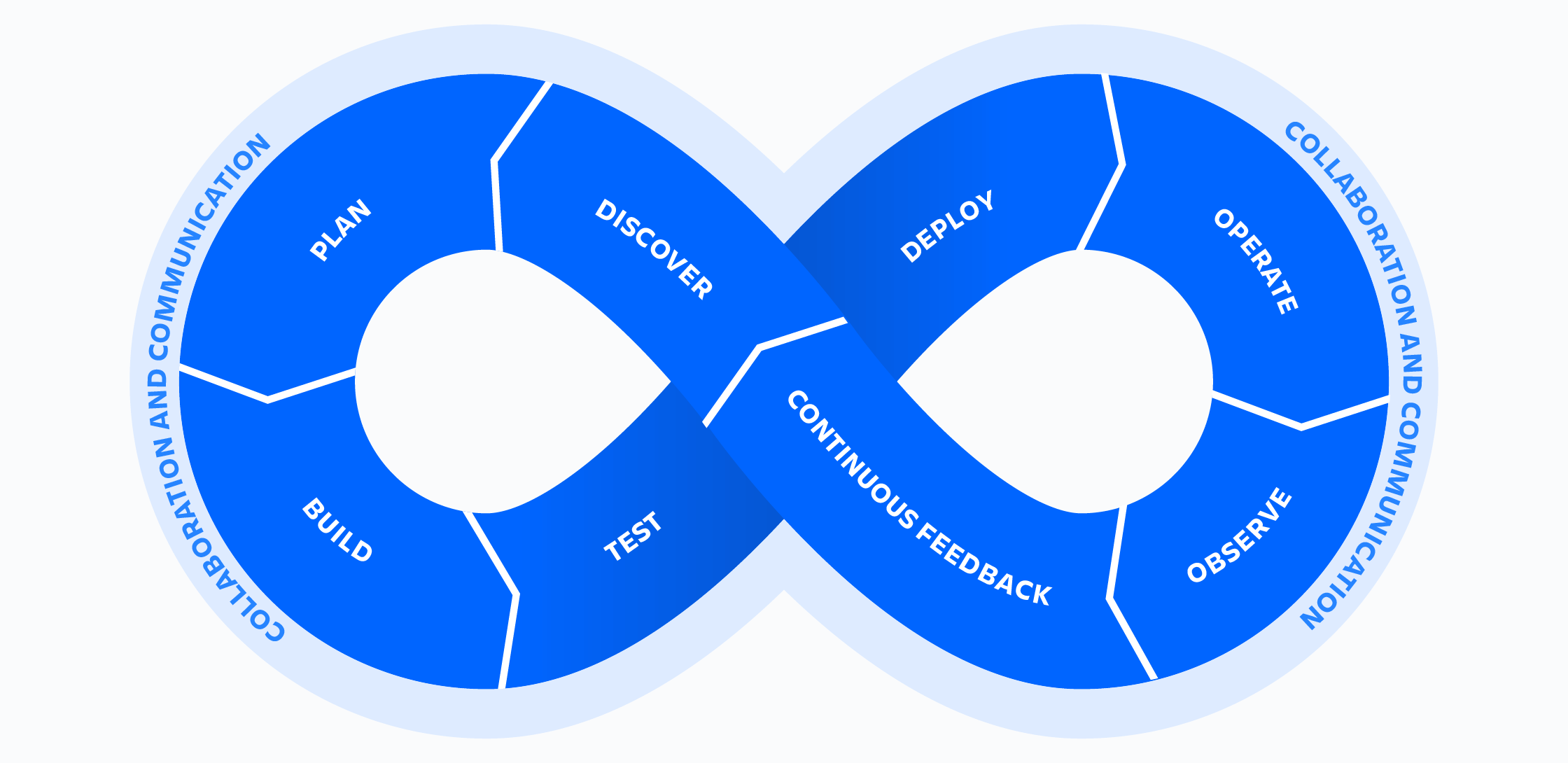

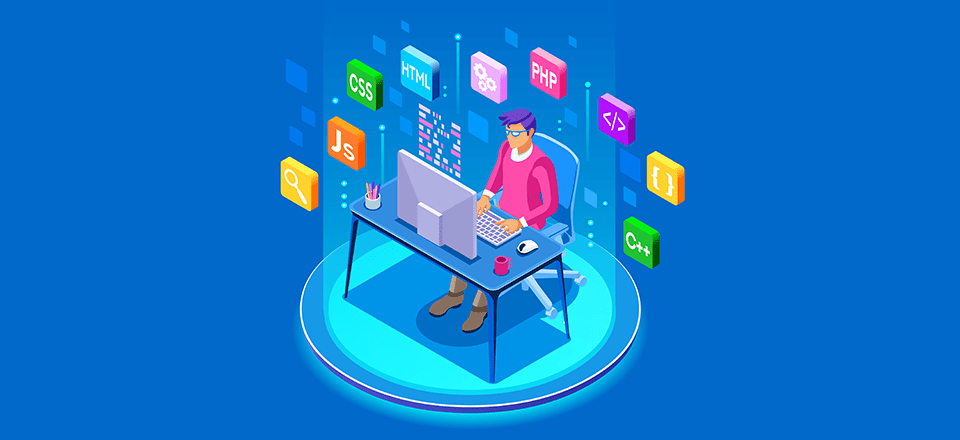
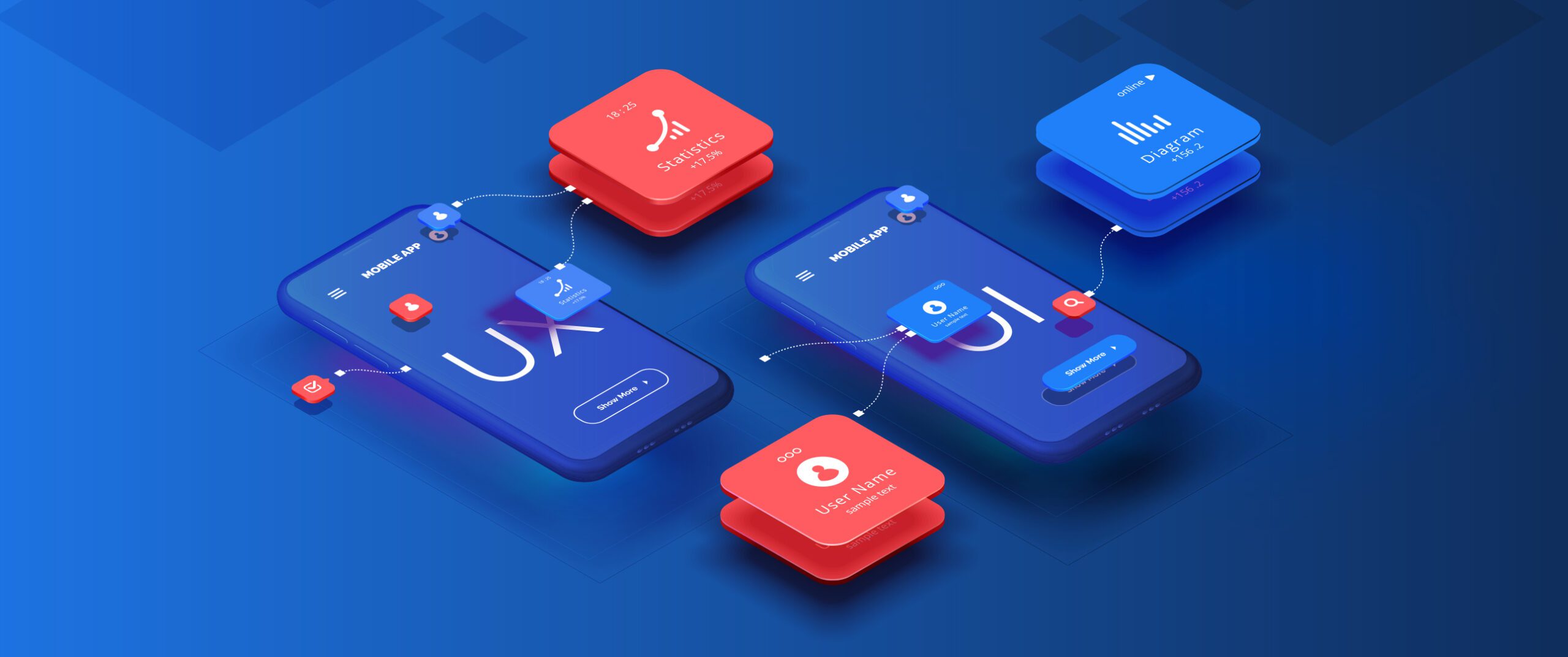
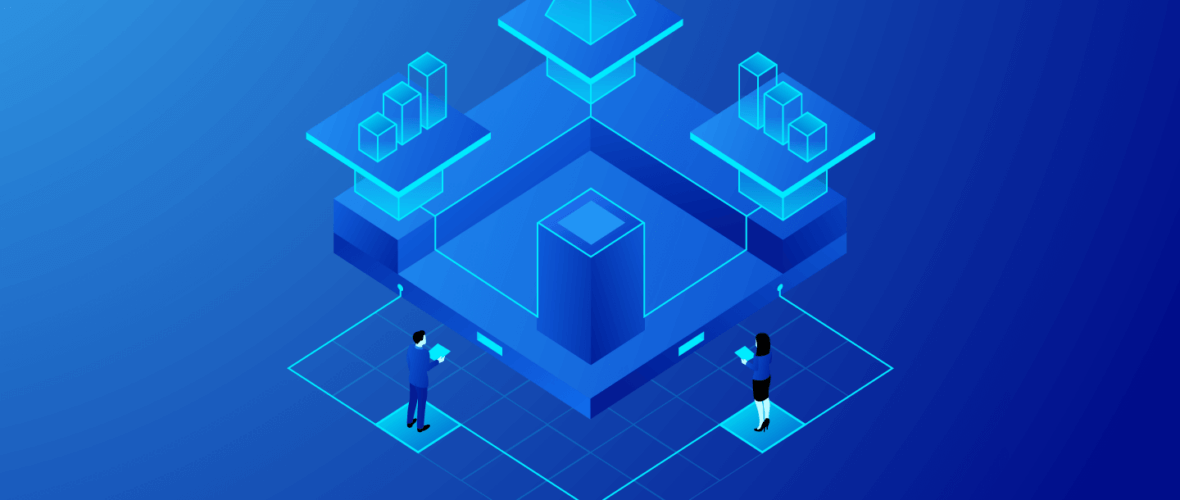


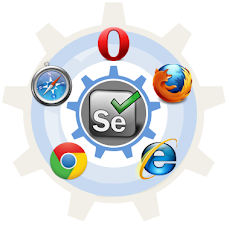



Comments
Post a Comment